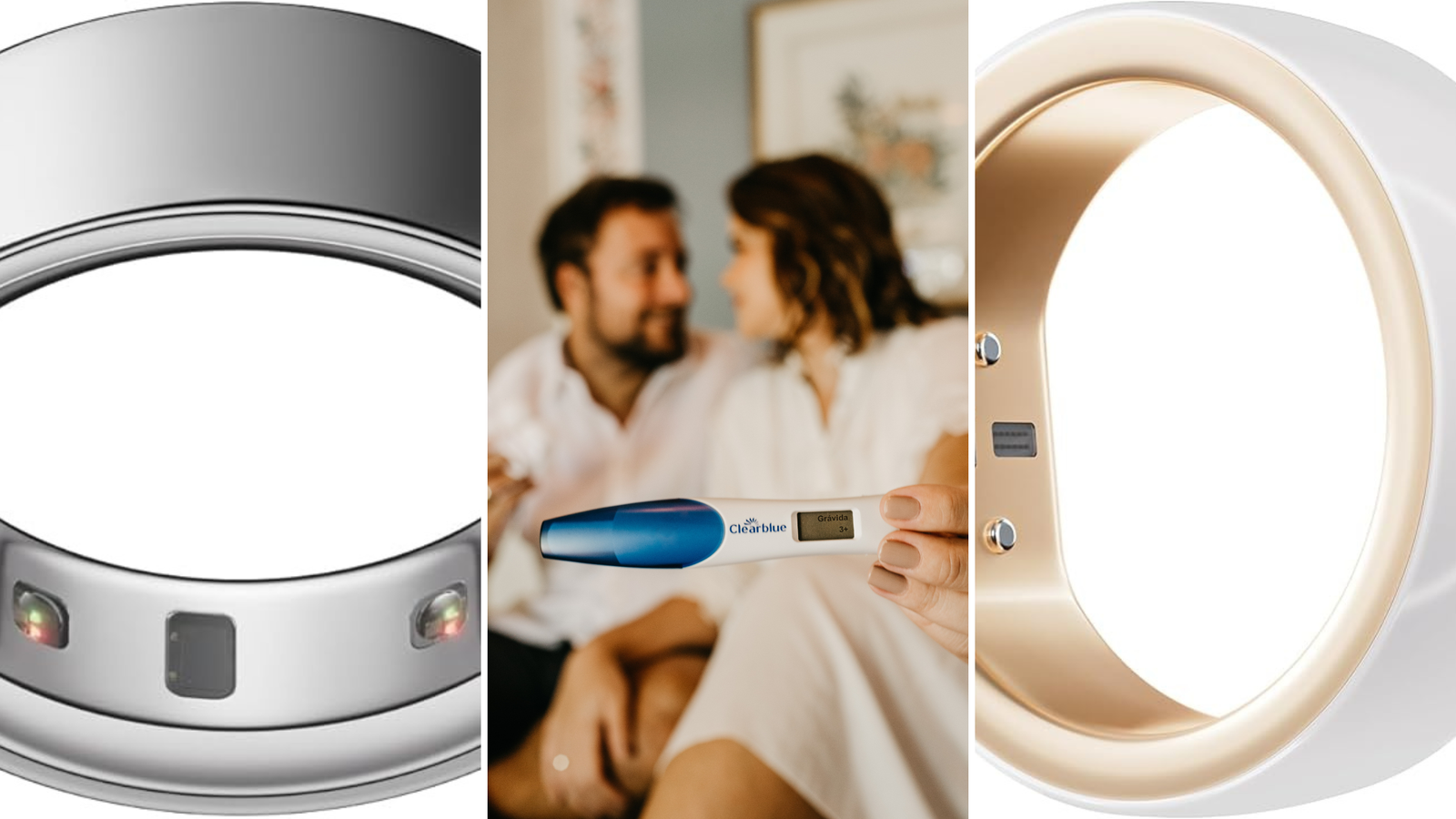The IVF Due Date Calculator is designed to help couples and individuals undergoing in vitro fertilization (IVF) estimate their baby’s due date with precision.
By entering the date of embryo transfer and the embryo’s age (either 3-day or 5-day), this tool calculates an accurate due date, taking into account the unique timing of IVF pregnancies.
Whether you’re planning for the arrival of your baby or simply curious about the timeline, this calculator provides a straightforward way to predict your due date, helping you prepare for the exciting journey ahead.
IVF Due Date Calculator
Disclaimer:
The IVF Due Date Calculator provides an estimated due date based on the information you provide. However, it is not a substitute for professional medical advice. Due dates can vary due to individual health conditions, variations in embryo development, and other factors. Always consult your healthcare provider for personalized advice and to confirm your due date. This tool is intended for informational purposes only and should not be used as the sole basis for medical decisions.
Author Bio

Idris Ya’u
BSc Botany, MSc Biology
IVF Due Date Calculator: How to use the IVF Due Date Calculator
Using the IVF Due Date Calculator is simple and straightforward. Here’s how you can use it:
- Select the Embryo Transfer Date: Choose the date when the embryo transfer was performed during your IVF cycle.
- Enter the Embryo Age: Select whether the embryo transferred was a 3-day or 5-day old embryo.
- Calculate: Once you have entered the necessary details, click the “Calculate” button.
The calculator will then provide you with an estimated due date, helping you plan and prepare for the arrival of your baby.
IVF Due Date Calculator: How to calculate due date for IVF pregnancy?
To calculate the due date for an IVF pregnancy, you can add 263 days (or 38 weeks) from the date of a Day 3 embryo transfer or 261 days (or 37 weeks and 2 days) from the date of a Day 5 embryo transfer. If you know the exact date of egg retrieval or fertilization, you can also calculate by adding 266 days (or 38 weeks) from that date.
IVF Due Date Calculator: How many weeks pregnant are you after an IVF transfer?
After an IVF transfer, you are considered 2 weeks and 3 days pregnant if it was a Day 3 embryo transfer, or 2 weeks and 5 days pregnant if it was a Day 5 embryo transfer. Pregnancy is typically dated from the start of the last menstrual period, not the day of transfer.
How close to due date are IVF babies born?
IVF babies are usually born close to their due date, but they have a slightly higher likelihood of being born earlier than naturally conceived babies. Most IVF babies are born within a week or two of the due date, often around 39 to 40 weeks.
What is last menstrual period in IVF?
In IVF, the last menstrual period (LMP) is a reference point used to calculate the due date and pregnancy duration. For a Day 3 embryo transfer, the LMP is considered to be 17 days before the embryo transfer date, and for a Day 5 embryo transfer, it is considered to be 19 days before the transfer.
Why are IVF babies induced at 39 weeks?
IVF babies are often induced at 39 weeks to minimize the risk of complications that can arise from prolonged pregnancies, such as stillbirth or placental issues. Induction at 39 weeks is a common practice to balance the baby’s full development with the risks of going past the due date.
How early can you detect pregnancy after IVF transfer?
Pregnancy after IVF can typically be detected 9-14 days after the embryo transfer through a blood test measuring hCG (human chorionic gonadotropin) levels, commonly known as the “beta” test. Testing too early may lead to false negatives or uncertain results.
How many weeks pregnant are you at an IVF pregnancy test?
At the time of the IVF pregnancy test, usually done 9-14 days after the embryo transfer, you would be considered about 4 weeks and 1 day to 4 weeks and 6 days pregnant for a Day 3 embryo transfer, and about 4 weeks and 3 days to 4 weeks and 6 days pregnant for a Day 5 embryo transfer. This aligns with the standard pregnancy dating method.
Do IVF babies come before due date?
IVF babies have a slightly higher chance of being born before their due date, often due to factors such as maternal age or multiple pregnancies (twins or triplets). However, many IVF babies are born around the same time as naturally conceived babies, typically between 37 and 40 weeks.
How to increase success after embryo transfer?
To increase the chances of success after an embryo transfer, it’s important to follow your doctor’s advice, maintain a healthy diet, rest adequately, stay hydrated, manage stress through relaxation techniques, avoid hot baths and saunas, and take prescribed medications as directed, such as progesterone supplements. These steps can improve the likelihood of successful implantation and pregnancy.
Further Reading
- Choe J, Shanks AL. In Vitro Fertilization. [Updated 2023 Sep 4]. In: StatPearls [Internet]. Treasure Island (FL): StatPearls Publishing; 2024 Jan-. Available from: https://www.ncbi.nlm.nih.gov/books/NBK562266/
- Edwards KI, Itzhak P. Estimated Date of Delivery. [Updated 2022 Oct 24]. In: StatPearls [Internet]. Treasure Island (FL): StatPearls Publishing; 2024 Jan-. Available from: https://www.ncbi.nlm.nih.gov/books/NBK536986/
- Hawken S, Olibris B, Ducharme R, Bota AB, Murray JC, Potter BK, Walker M, Chakraborty P, Wilson K. Validation of gestational age determination from ultrasound or a metabolic gestational age algorithm using exact date of conception in a cohort of newborns conceived using assisted reproduction technologies. AJOG Glob Rep. 2022 Aug 26;2(4):100091. doi: 10.1016/j.xagr.2022.100091. PMID: 36536852; PMCID: PMC9758343.


